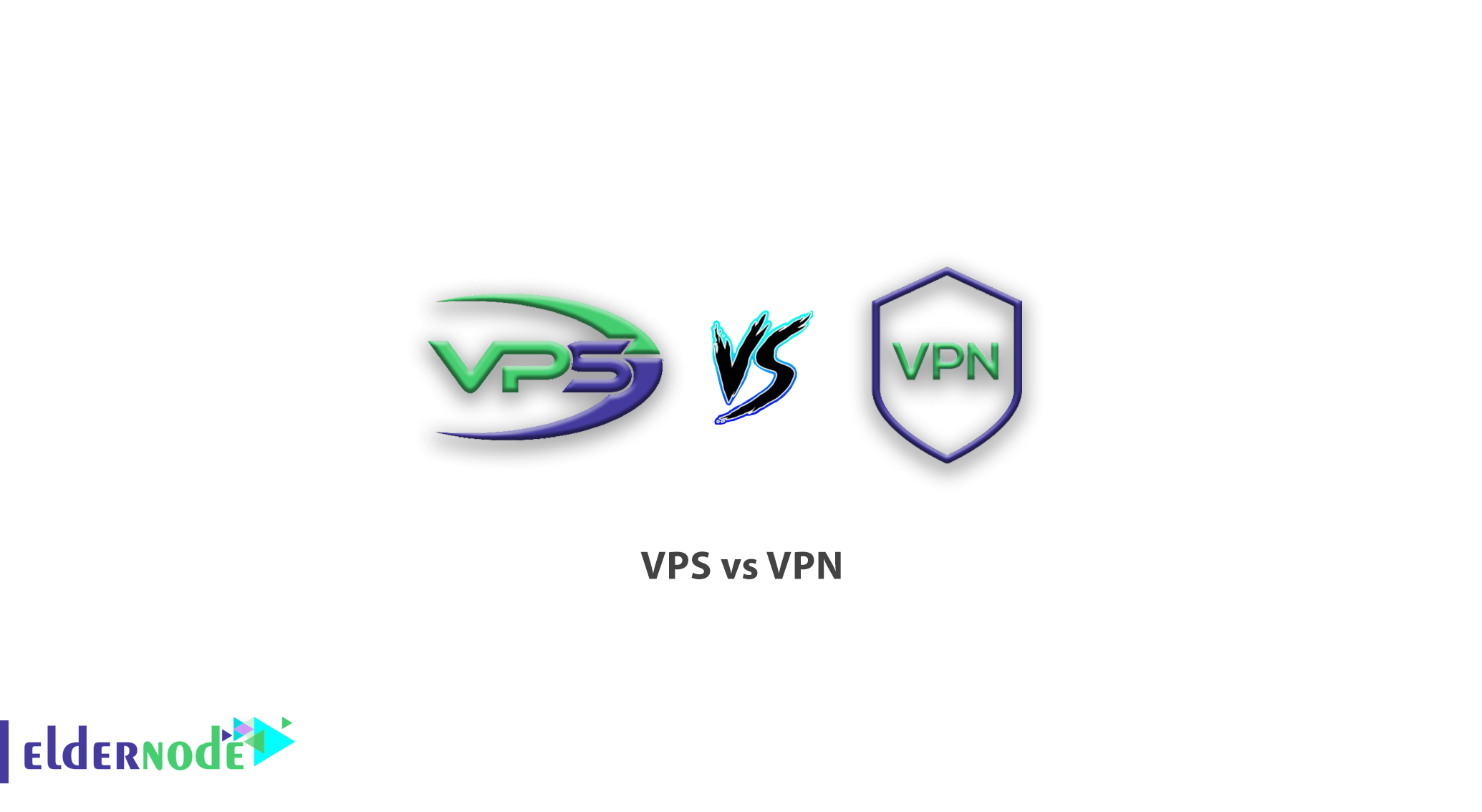
Virtual Private Servers (VPS) and Virtual Private Networks (VPNs) Although both provide more security to your website, these services are actually very different. Recognizing the main differences can be very helpful in choosing one for your business. In this article, we will discuss the differences between VPS vs VPN. Stay with us.
A VPS is a hosting service in which the server containing the website is divided into virtual enclosures that follow the dedicated servers. A VPN, on the other hand, is a network of servers used to establish a private, anonymous Internet connection. Both technologies have their applications, and some businesses may even decide to use them together.
Table of Contents
What is a VPS?
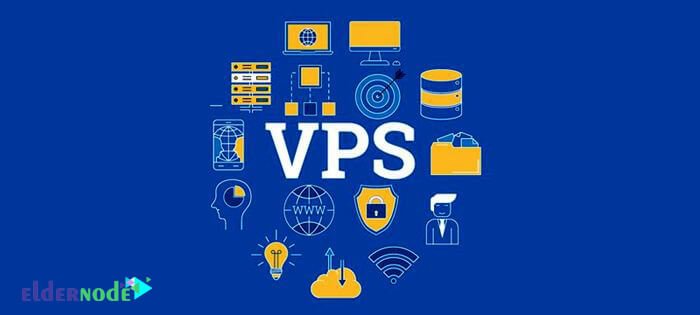
VPS stands for Virtual Private Server and is sometimes referred to as VDS, which stands for Virtual Dedicated Server. The virtual server operates exactly like a standalone dedicated server with the same level of access, except that several virtual servers are housed on a single physical server. In other words, using virtualization technologies such as VMware and using powerful and advanced hardware, a physical server is divided into several virtual servers (VPS) with different capabilities.
Depending on the initial configuration, each virtual server receives a specific share of server resources such as CPU, main memory (Ram), hard disk space (HDD), and bandwidth.
For example, a virtual server can have one gigabyte of 64 gigabytes of dedicated server memory (RAM) with 40 gigabytes of storage and 400 gigabytes of monthly bandwidth. This means that no matter how much other virtual servers on the physical server consume, our virtual server will have access to one gigabyte of the server’s main memory and other dedicated resources under any circumstances.
Each virtual server operates completely independently, so the VPSs on one server can use different operating systems and different versions, as well as their own software.
The most important advantages of virtual servers compared to other hosting services are their much lower cost than dedicated servers and higher performance independence and access level than shared hosting services (Shared Hosting). So that the cost of VPS in many cases is one-fifth to one-tenth of dedicated servers and now they have all the features. A virtual server can also have a dedicated number of valid IPs. In general, from the end user’s point of view, the virtual server is like a dedicated server and the user will not see any difference in the performance and quality of services.
How does VPS work?
A VPS is a computer server that hosts your website, files and databases required by your site. Whenever a visitor wants to access your website, his browser sends a request to your server and the necessary data is transmitted to him through the Internet. VPS hosting provides you with a virtual server that simulates a physical server. But in reality this server is shared between several users.
Using virtualization technology, your hosting provider installs a virtual layer on top of the server operating system. This layer divides the server into different partitions and allows each user to install their operating system and software on each of these partitions.
In fact, a virtual server is a combination of public and private hosting. This service is prepared for those who need the capabilities and features of a private server and at the same time do not have the cost of providing a private server. In a virtual server, using a virtual hypervisor technology, a private server is divided into several partitions that operate independently of each other. Note that despite being independent, they still use the resources of a server.
A simple example of the above description, such as your computer system or laptop, which is divided into different drives, but they are all on one computer.
In the virtual server, users are allowed to manage their own server independently and configure their desired and required easily, and at the same time pay less than a private server.
What is a VPN
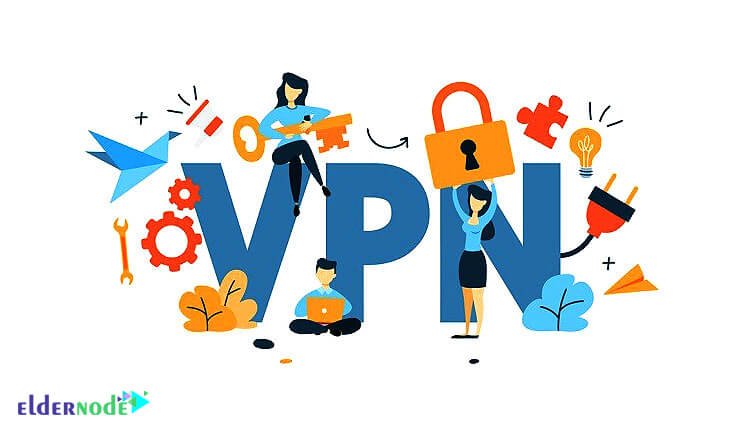
A virtual private network (VPN) is a network in which information is transmitted over a public network such as the Internet, but at the same time, using cryptographic algorithms and authentication, this connection remains private.
VPN creates an encrypted connection from where you connect to the Internet and sends it to another region, usually another country, and then inserts it into the public Internet. This procedure will change your IP address and the actual location of your internet connection will no longer be known. The server accesses the new IP address and does not provide the original IP address. Due to this, your real information will not be provided to you when using sensitive sites.
Some online services offer different prices depending on where you live. For example, some services in the United States are cheaper than in Europe, so users can access them at a lower price by changing their IP.
How does VPN work?
There are several VPN services on the market. After purchasing one of these services, a list of different countries will be presented to you. Depending on the vendor, the VPN is available to users in the form of applications and programs, or it needs to be set manually. When running a VPN, you must select the country where the VPN server is located to connect to it in encrypted form. At this time, all your information is placed in an encrypted tunnel and then entered into the public Internet.
When information enters the public Internet through the tunnel, the IP address is changed and your original IP is no longer sent to the web server. If you use a VPN, you still need a router or Internet service provider. However, all your information is encrypted and will not change until it reaches the VPN server. Therefore, companies will not have access to your information. When you use the public and free internet, VPN encrypts your information, so your information is provided to people in an encrypted form and it is not possible to use it.
VPNs are located on your mobile phone or computer and provide you with an encrypted connection with trusted links by connecting to their servers. You can use VPNs normally but this time without any worries or restrictions. By connecting to a VPN, your information and browsing history will be accessible by the VPN maker instead of being traceable by your ISP. Therefore, you should not trust them completely and think that you are 100% anonymous on the Internet.
For example, when you go to Google, Facebook or websites that need to be logged in, your information is stored as a cookie, and the next time, even if you log in with a VPN, you will still see your information as saved. In this case, if someone uses the same device, they will access your information. So do not think that by activating the VPN you will be completely anonymous.
On the other hand, there are a number of government and law enforcement agencies that can disable your VPN server by forcing it to monitor you on the Internet. The implementation of this issue will be related to the servers used in the VPN, the VPN server and other things.
Using a VPN slows down your download and upload speeds. This is because using them, instead of connecting directly to the Internet, you will use an interface that is the same as VPN, and therefore the speed of data transfer will be reduced. Of course, this will also depend on the quality of your VPN and its connected servers.
What is the difference between VPN vs VPS?
In this section, we will explain the differences between VPS and VPN. Then we will say what kind of job each one is useful for.
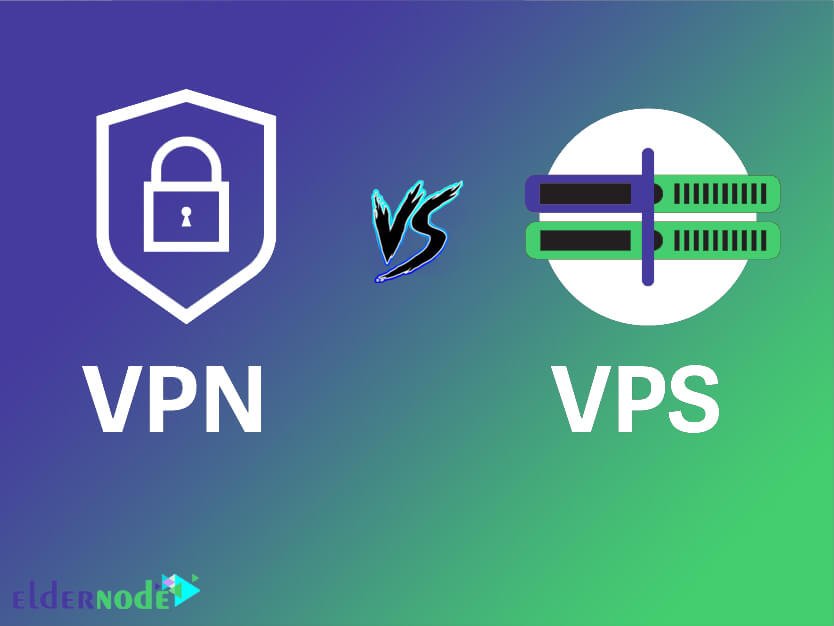
Using the right tools will increase your efficiency and security. However, it is a bit difficult to know which service to use to support a website. For example, a VPS can provide the speed needed to increase traffic to your site. This type of web hosting service increases your performance without increasing the cost of a dedicated server.
A VPS works by dividing a single physical server into several virtual parts. This allows multiple websites to operate on the same server without having to share resources.
On the other hand, VPN is a private and secure network that increases your public network traffic. This protects your sensitive information against hackers. This service is useful for businesses that have a lot of important information, such as banking information and confidential emails.
The VPN encrypts your data and hides the actual location of the data sent over your network instead of being sent from your actual location.
VPS can be a powerful solution for many businesses. It provides more speed for your website at a reasonable price and this is a “scalable” solution. This means that you will be able to improve traffic and increase your resource needs as the work progresses.
In addition, a VPS offers more control over your server environment than a VPN. So it gives you access to the main server and you can choose your operating system. All of this makes VPS a valuable tool for businesses with superior methods and tools.
However, a VPS may not be useful for every job. Because:
– More expensive than VPN.
– Although it increases access for us, but does not give you full control of the dedicated server.
In the case of VPNs, the service considers whether your business has important information. Encrypts your private data and protects it from hackers. This method is very effective for protecting payment information and maintaining customer confidentiality.
In addition, a VPN even protects your data over public Wi-Fi, which can reduce the security of your data. All personal information, such as your IP on the VPN, is anonymous.
However, a VPN like VPS may not be right for your business. As follows:
– Reduces your internet connection speed.
– There are ways to get a VPN, which may reduce the security of your information.
– Some VPN sales sites are unsure, so be careful which center you buy from.
Therefore, VPS vs VPN are very different technologies. Both have options to offer, and which one you decide to use depends on the needs of your business.
Conclusion
Comparing VPS with VPN is a bit like comparing apples and oranges. Each has its own applications in the business world, and many online companies decide to use one or both services.
VPS is a first-class hosting option for businesses that need to scale quickly and maintain a high-traffic website. For those who work remotely or travel a lot, VPN can also be a useful solution. In fact, both technologies can be valuable add-ons to your online toolbox.

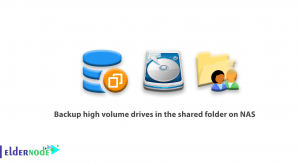

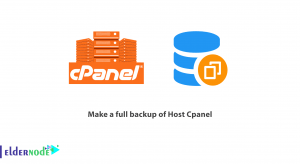

How can I increase the security of my virtual server (VPS)?
Virtual servers are generally provided with the operating system but in raw form. Due to the full access, the software management is your responsibility and it is better to modify the default items such as port, password, etc.
Can I also connect to my virtual server (VPS) via mobile?
Yes, this process is also possible, but we suggest that you always connect to the server (VPS) through your system and computer, because in the mobile version, the possibility of performing some activities is limited. You can use the article Remote control of vps servers via mobile to help in this regard.
Is it possible to connect to multiple Windows Virtual Servers (VPS) from multiple people or systems simultaneously?
By default, in Windows (VPS) servers, it is possible for one person to connect to the server, and if another person connects to the server remotely at the same time, the first person will leave the remote and will be disconnected from the server. But it is possible to change the number of people connected to the remote and adjust it for a certain number of people.By default, in Windows (VPS) servers, it is possible for one person to connect to the server, and if another person connects to the server remotely at the same time, the first person will leave the remote and will be disconnected from the server. But it is possible to change the number of people connected to the remote and adjust it for a certain number of people.
Is the Delivery of Virtual Servers (VPS) time-consuming?
No. Delivery of virtual servers (VPS) will be done immediately if your user area is approved and the connection information will be sent to you via email. But if the plan of your choice has a lot of resources, it may take a while to deliver it so that colleagues can check the technical aspects of the server, in which case a ticket will be sent to you and notifications will be made.
For what applications can I use the Windows Virtual Server (VPS)?
Windows vps servers have many uses, such as designing sites written in the ASP and NET programming languages, registering internal and external sites, using exchange software such as Meta Trader, Binance, and so on.